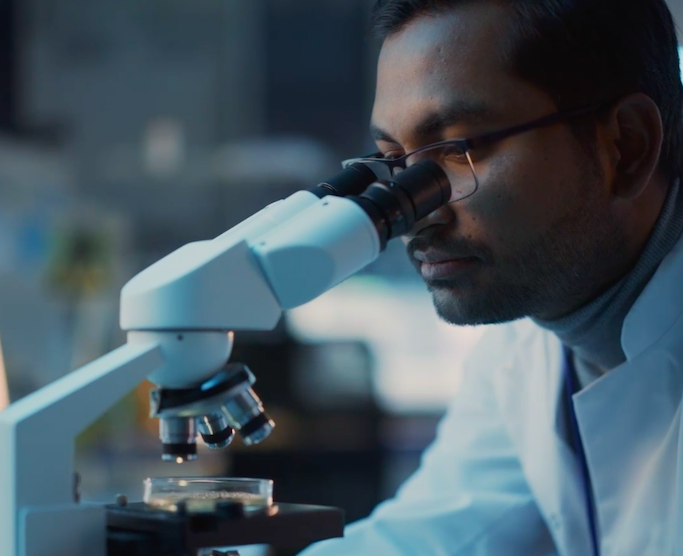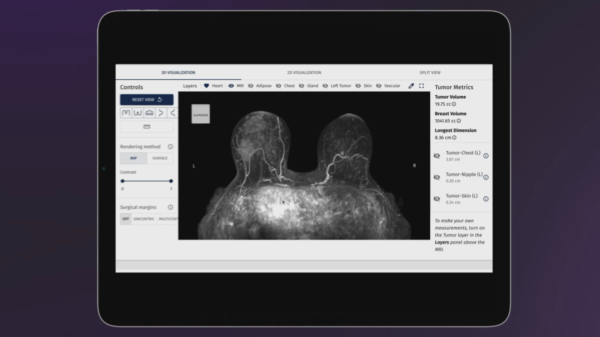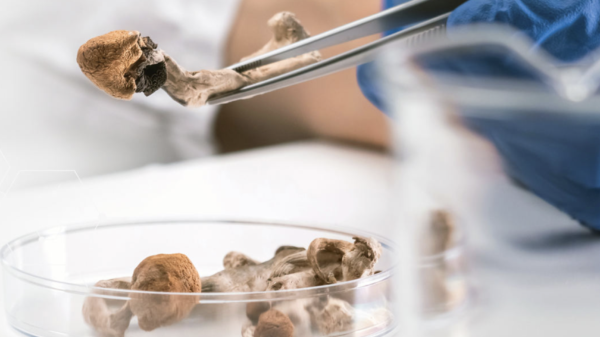PharmAla Biotech Holdings Inc. (CSE: MDMA)(OTC: PMBHF) announced it received a $50,000 research grant from the Ontario Centre for Innovation in collaboration with the University of Windsor. The grant will bolster PharmAla’s use of in-silico modelling, a form of AI Drug Discovery, to enhance its drug discovery process.
The company aims to leverage this technology to expedite the identification of MDMA analogs with improved safety profiles. This comes amid growing recognition of AI’s transformative potential in drug discovery and concurrent calls for global regulation to mitigate potential societal impacts.
In-silico modelling involves creating computational models or simulations based on pharmacological information to make predictions and suggest hypotheses in the field of medicine and therapeutics. By leveraging this technology, PharmAla aims to accelerate the identification of MDMA analogs with improved safety profiles.
“In-Silico Modeling is a crucial element of drug discovery, allowing for faster and more accurate prediction of which molecules will ‘hit’ our very specific targets, and thus be successful when sent to our pre-clinical partners at UAMS,” PharmAla’s VP of Research Harpreet Kaur said.
“While we have already been working closely with the team at the University of Windsor, it’s gratifying to see that the Ontario Centre of Innovation believes in our work strongly enough to match our investment 1:1.”
The company also announced Friday it received approval from the US Food and Drug Administration (USFDA) for a clinical trial using its LaNeo MDMA Investigational Medical Product (IMP) capsules. This marks the first time PharmAla’s IMP has been approved for trial use in the US.
Read more: Artificial intelligence can pose a serious threat if unregulated: Ontario’s privacy commissioner
Read more: AI may outsmart people within two years, predicts U.K. government advisor
PharmAla aims to enhance MDMA safety profile ahead of potential 2024 FDA approval
One of the primary motivations for this research is the potential approval of racemic MDMA hydrochloride by the US Food and Drug Administration (USFDA) in 2024. While MDMA has shown promise in Phase 2 and 3 trials, it is known to have significant side effects.
PharmAla seeks to develop a drug that can reduce the toxicology profile of MDMA to offer safer treatment options for patients. The company believes that in-silico modeling can play a vital role in achieving this goal.
“Part of the reason we have gained trust with regulators over our short 2 years of work is because we lead with data,” PharmAla Biotech’s CEO Nick Kadysh said.
“To do that, our research team encompasses a diverse group of scientists: Preclinical researchers completing animal model research, In-Silico Drug Discovery, and very soon, Clinical Research,” he added.
“The OCI grant will allow us to bolster the funnel of our drug pipeline and develop valuable IP with non-dilutive funding. We thank OCI for their confidence in the merits of our research.”
The Ontario Centre of Innovation (OCI) is an organization that offers grants to Made-in-Ontario technologies. It was formerly known as the Ontario Centres of Excellence (OCE) and has a partnership with the Government of Ontario.
Read more: Elon Musk and other industry experts sign open letter urging temporary pause on AI development
Read more: AI video production market to reach US$1.5B by 2028: Research and Markets
Unleashing AI in drug discovery: Progress, potential, and calls for caution
In an article published in the Petrie-Flom Center at Harvard Law School blog, author Matthew Chun says artificial intelligence (AI) is making significant strides in revolutionizing the process of drug discovery, with numerous milestones already achieved in this field.
Companies like Exscientia, DeepMind, Insilico Medicine, and AbSci have made breakthroughs in designing drug molecules, predicting protein structures, and initiating clinical trials. AI is being used at various stages of drug discovery, including target identification, molecular simulations, prediction of drug properties, de novo drug design, candidate drug prioritization, and synthesis pathway generation.
This has the potential to significantly reduce the time and cost of drug discovery. The industry has seen substantial investment, with AI-enabled drug discovery attracting over $5.2 billion by the end of 2021.
However, this revolution also presents challenges, such as intellectual property rights and ensuring drug safety and efficacy. Despite these, the future of AI-enabled drug discovery is promising and is already upon us.
Concerns about AI’s potential societal impacts have led to calls for global regulation. Matt Clifford, an advisor to the UK Prime Minister’s AI Task Force, stressed the need for understanding and regulating AI within two years.
Elon Musk and Steve Wozniak endorsed an open letter urging a temporary halt to advanced AI development and the creation of safety protocols. The letter, issued by the Future of Life Institute, has over 1,000 signatures.














